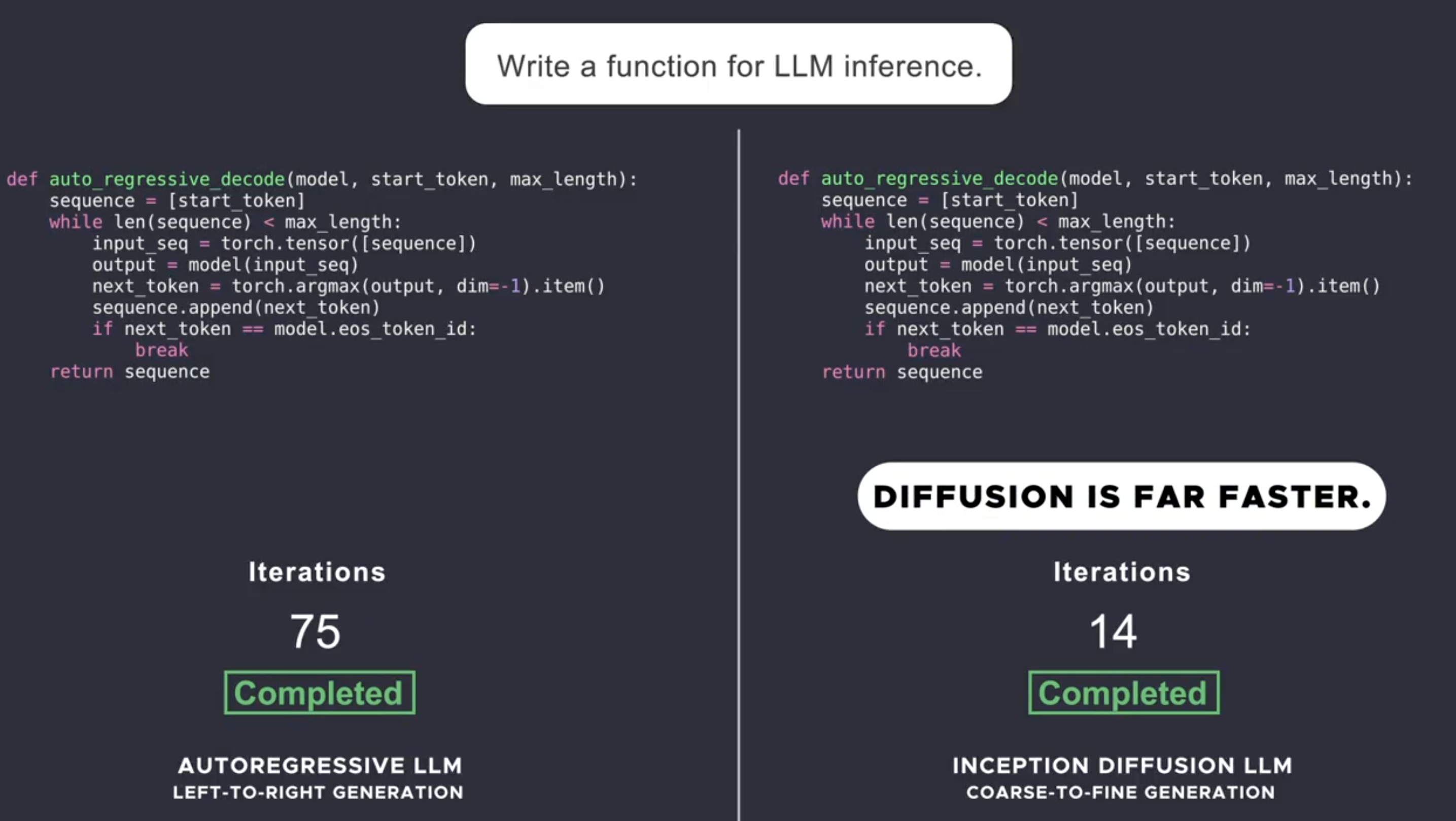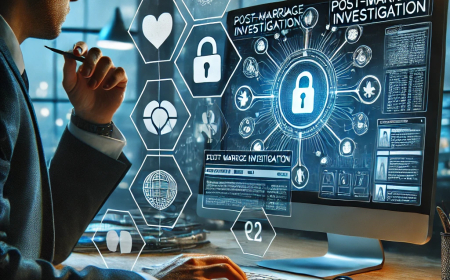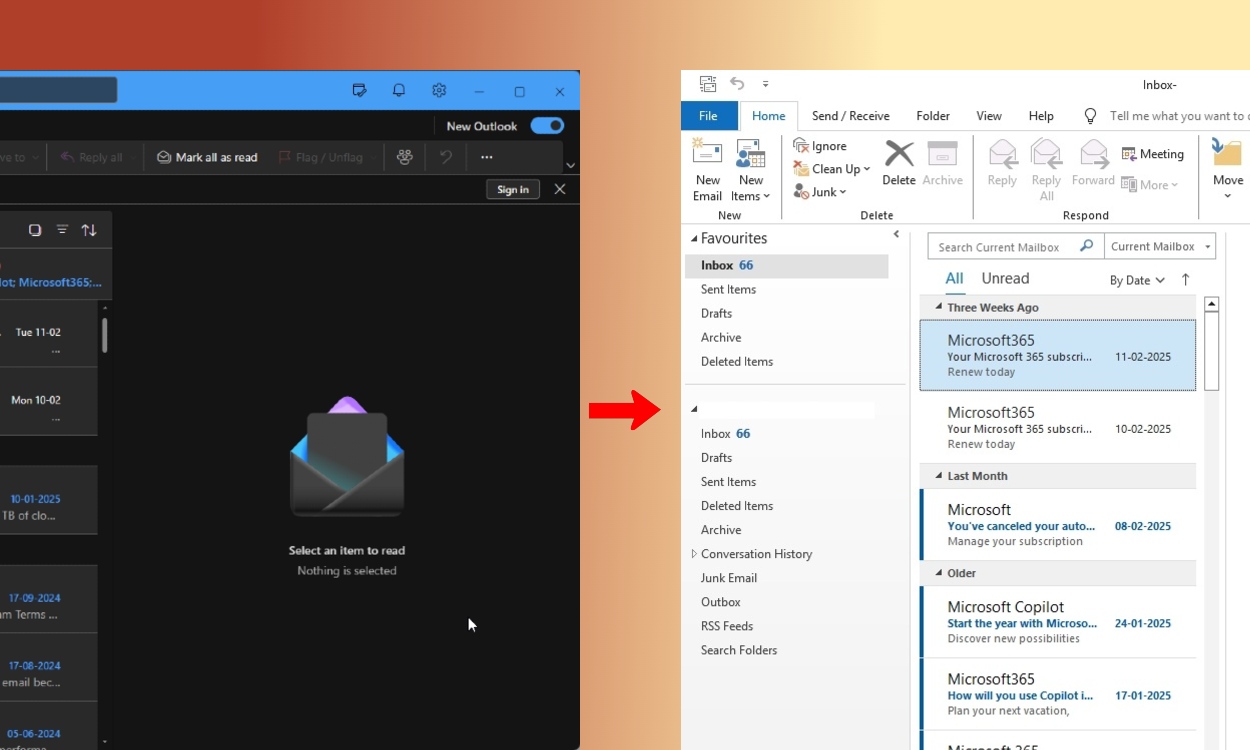Legal Implications of Digital Forensic Investigations in Navi Mumbai
This blog explores the legal implications of digital forensic investigations, emphasizing the importance of preserving evidence integrity, complying with privacy laws, and ensuring the admissibility of evidence in court. It highlights the need for businesses to integrate legal expertise into their forensic processes to avoid legal risks and protect sensitive data. Written by Codelancer.

Digital forensics has become a vital aspect of modern investigations, especially with the increasing use of technology in all aspects of business and personal life. As digital devices and networks become more interconnected, the need for skilled digital forensic investigators to collect, analyze, and preserve evidence has grown. However, conducting digital forensic investigations involves complex legal considerations that organizations must be aware of to avoid potential pitfalls. This blog explores the legal implications of digital forensic investigations and how businesses can navigate the complexities of ensuring compliance and protecting their legal interests.
Why Understanding the Legal Implications of Digital Forensic Investigations Is Crucial
- Preserving the Integrity of Evidence: Digital forensics involves the collection and preservation of electronic evidence, which must be done according to strict legal standards to ensure that the evidence is admissible in court.
- Compliance with Privacy Laws: Digital forensic investigations often involve accessing private data, making it essential to adhere to privacy regulations such as GDPR, HIPAA, and other jurisdiction-specific laws.
- Handling Chain of Custody: Maintaining the chain of custody is critical in digital forensics. Any break in the chain can lead to evidence being deemed inadmissible, which could have significant legal repercussions.
Key Legal Considerations in Digital Forensic Investigations
- Warrants and Consent: Before performing a digital forensic investigation, investigators must ensure they have the proper legal authorization, such as search warrants or consent from the device owner. Without proper consent or legal authority, evidence collection can lead to violations of privacy rights.
- Jurisdictional Issues: The global nature of digital data means that forensic investigations often cross multiple jurisdictions. Investigators must be aware of the laws in different countries regarding data access, storage, and cross-border data transfer to ensure compliance.
- Admissibility in Court: The evidence gathered through digital forensics must meet specific standards to be admissible in court. This includes demonstrating that the evidence has been collected, preserved, and analyzed without tampering, as well as documenting the methods used to ensure authenticity.
- Data Encryption and Privacy: Investigators may encounter encrypted or private data during their analysis. They must understand the legal implications of decrypting this information, particularly if doing so could violate laws or regulations protecting personal data.
How Legal Considerations Impact Digital Forensic Investigations
- Legal Compliance: Ensuring compliance with relevant laws and regulations is essential for organizations involved in digital forensic investigations. Failure to comply can lead to significant legal consequences, including lawsuits, fines, and damage to reputation.
- Risk Mitigation: Properly addressing legal considerations minimizes the risk of litigation and protects the organization from claims of illegal surveillance, privacy violations, or misuse of data.
- Post-Incident Legal Actions: After a digital forensic investigation, legal actions may follow. The evidence gathered can be used in criminal or civil court cases, and understanding its legal implications is crucial to ensure its effective use in legal proceedings.
Why Businesses Need Legal Expertise in Digital Forensic Investigations
As digital forensics becomes a core component of investigations, having legal expertise is critical. Here’s why businesses must integrate legal considerations into their forensic practices:
• Expert Legal Guidance: Legal experts can help ensure that forensic investigations adhere to the appropriate laws, mitigating the risk of inadvertently violating legal boundaries. • Regulatory Compliance: With the growing complexity of data protection laws, legal professionals can help ensure compliance with both domestic and international regulations. • Prevention of Legal Challenges: Organizations that work with legal professionals during digital forensic investigations are better positioned to defend against challenges regarding the admissibility of evidence or improper data collection.
Strengthen Your Business with Legally Compliant Digital Forensics
Digital forensic investigations are crucial for organizations to gather evidence in the event of cybercrimes or internal investigations. However, to avoid legal consequences, organizations must be mindful of the legal aspects of these investigations. By integrating legal considerations into their digital forensics processes, businesses can protect themselves from legal risks while maintaining the integrity of their investigations.
Contact us today to learn how our expert digital forensic services can help you navigate the legal landscape while securing your business’s data and assets.
For more information or to inquire about our services, visit our website or reach out to us directly. Ensure your digital forensics are legally compliant and safeguard your business’s future!
What's Your Reaction?




































